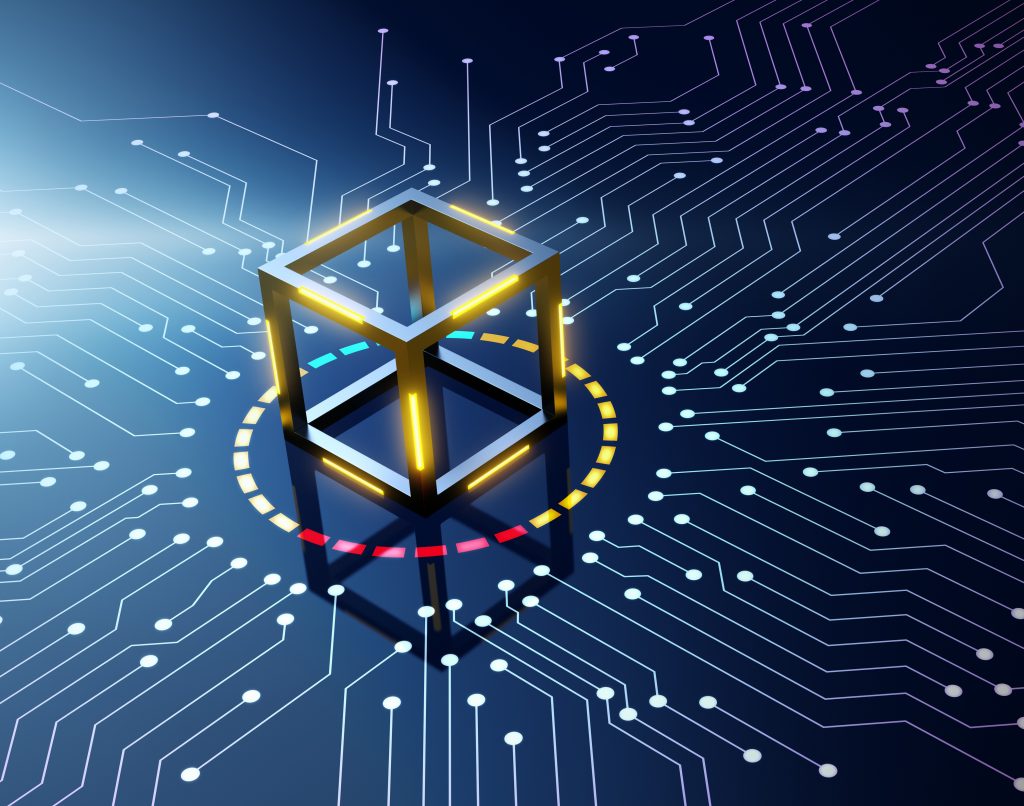Buzz Haven: Your Source for Trending Insights
Stay updated with the latest buzz in news, trends, and lifestyle.
Blockchain: The Digital Ledger That’s Changing Everything
Discover how blockchain is revolutionizing industries and reshaping our digital future—don't miss out on the tech that’s changing everything!
Understanding Blockchain Technology: How It Works and Its Impact on Industries
Understanding Blockchain Technology is essential in today's digital landscape as it revolutionizes how information is shared and secured. At its core, blockchain is a decentralized ledger that records transactions across multiple computers, ensuring that the recorded data cannot be altered retroactively. This innovative technology operates on a consensus mechanism, wherein each participant in the network must agree on the validity of transactions before they are added to the chain. The result is a transparent and immutable record that enhances trust among participants. As industries increasingly adopt this technology, they unlock new possibilities for efficiency and security.
The impact of blockchain technology spans various sectors, including finance, supply chain management, healthcare, and more. In the finance industry, for example, blockchain facilitates faster and more cost-effective transactions by eliminating intermediaries, thus streamlining processes. Additionally, it enhances transparency in supply chains by providing real-time tracking of products from origin to consumer. In healthcare, blockchain can protect patient data while improving interoperability among medical institutions. Overall, the adoption of blockchain technology is not just a trend; it represents a fundamental shift that can drive improved operational efficiency and innovative business models across industries.

Top 5 Real-World Applications of Blockchain That Are Transforming Businesses
Blockchain technology is making waves across various industries, offering innovative solutions that enhance transparency, security, and efficiency. One of the most notable applications of blockchain is seen in the supply chain management sector. This technology allows for real-time tracking of goods as they move through the supply chain, ensuring that every transaction is recorded on a tamper-proof ledger. Businesses can monitor the origin of their products, verify supplier claims, and reduce fraud, thereby improving trust with consumers. A notable example is Walmart, which uses blockchain to trace the journey of food products from farm to store, significantly reducing the time needed to identify the source of foodborne illnesses.
Another sector experiencing transformation due to blockchain is the finance industry. Traditional banking systems are often plagued by inefficiencies, high fees, and lengthy transaction times. Blockchain technology streamlines cross-border payments by enabling secure, peer-to-peer transactions without intermediaries. Companies like Ripple are revolutionizing international money transfers, making them faster and more cost-effective. Additionally, the rise of decentralized finance (DeFi) platforms is changing how individuals access loans, earn interest, and trade assets, eliminating barriers that have traditionally excluded many from the financial system.
What Are the Key Benefits of Using Blockchain in Today's Digital Economy?
The advent of blockchain technology has revolutionized the digital economy by providing a decentralized framework that enhances transparency and security. One of the primary benefits is the ability to conduct transactions without the need for a centralized authority. This reduces the risk of fraud and allows for peer-to-peer transactions, which can lead to lower transaction fees. Additionally, the immutable nature of blockchain ensures that once data is entered, it cannot be altered, providing a reliable audit trail for businesses and consumers alike.
Another significant advantage of utilizing blockchain in today's digital economy is its capacity for improving efficiency and speed in various processes. By simplifying complex workflows through smart contracts, organizations can automate tasks that traditionally required manual intervention, drastically cutting down on time and errors. Moreover, the ability to easily share data across different platforms promotes collaboration and innovation, enabling businesses to respond more swiftly to market demands and consumer needs.